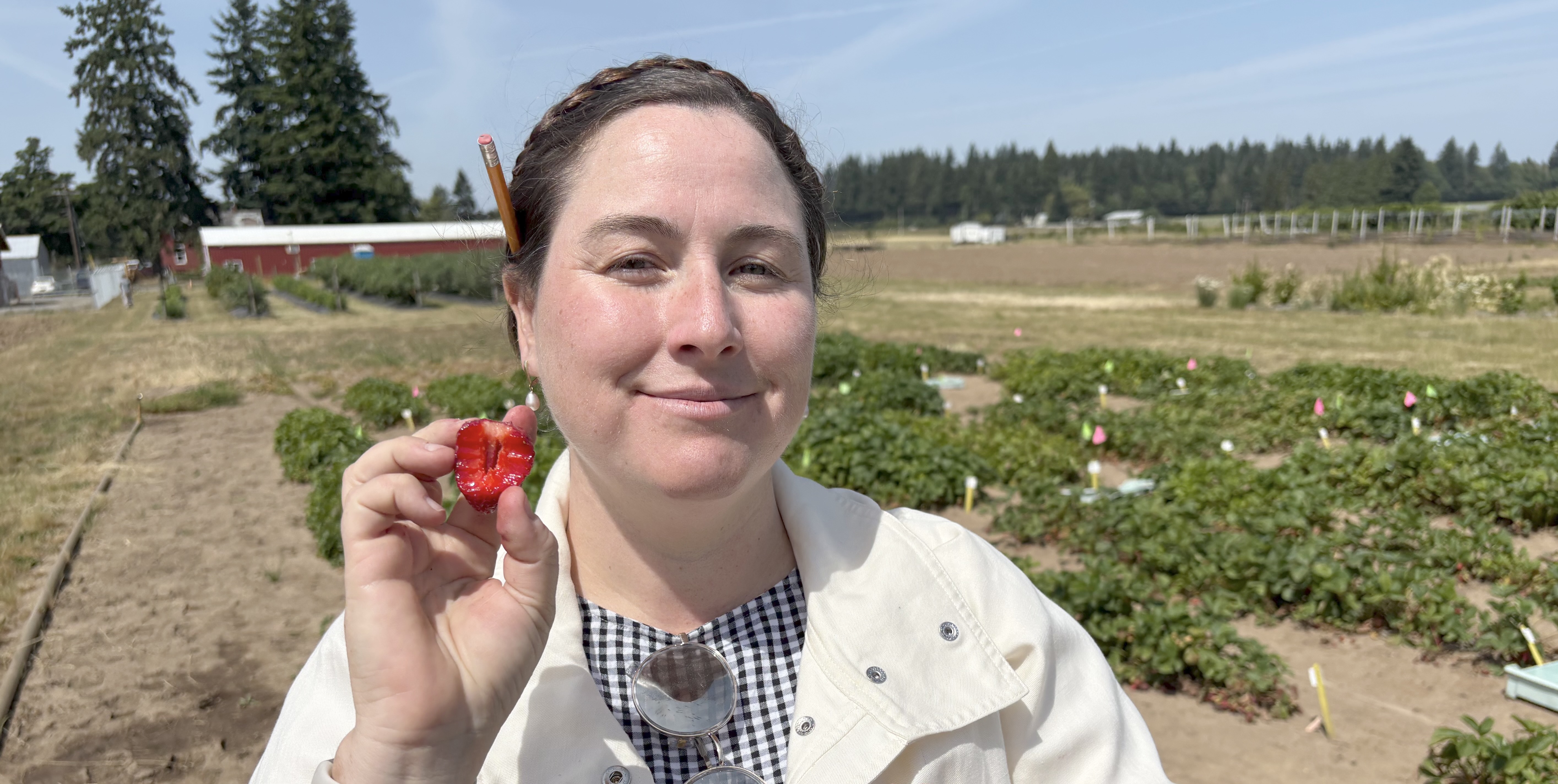Farmer’s free speech lawsuit against California school district reinstated
Published 10:30 am Friday, April 26, 2024

- Legislators must vote on states’ emergency declarations.
A federal appeals court has reinstated a farmer’s free speech lawsuit against a California school district, finding his claim of unconstitutional political retaliation remains unresolved.
Though the Claremont Unified School District has adopted a policy allowing field trips to James Riley’s property near Oak Glen, Calif., that doesn’t moot his allegations of blacklisting, the appellate ruling said.
The 9th U.S. Circuit Court of Appeals has determined the farmer’s lawsuit shouldn’t have been dismissed because the school district hasn’t carried the “heavy burden” of proving the alleged “conduct cannot be reasonably expected to recur.”
Riley’s American Heritage Farms is allegedly still being snubbed by the school district for his political statements, despite a resolution to the contrary, so he can continue seeking an injunction against such a boycott, the ruling said.
“Thus, for our purposes, the dispute about the existence of an ongoing policy is live,” the 9th Circuit said.
The farmer’s complaint was previously dismissed after a federal judge decided there’s “nothing more for the court to do,” since the school district prohibited field trips from being affected by a host’s political beliefs. The school district also included Riley’s property on a list of sites eligible for such excursions.
In 2018, Riley posted several comments on his personal Twitter account that set off a controversy over planned field trips to his farm, which offers children apple-picking, historical re-enactments and other activities.
Several parents were offended by his tweets about gender identity, a “Black Lives Matter” protester and Democratic members of Congress, so they objected to their children visiting the operation.
After the debate spread on social media and drew the attention of local news outlets, school district officials decided to cancel upcoming field trips to Riley’s farm, which he argued was a form of unconstitutional government retaliation for political statements.
Riley’s claims were initially rejected in federal court but revived in 2022, when the 9th Circuit allowed him to seek an injunction against the school district’s alleged blacklist policy but not financial damages.
In response, the school district banned political considerations in field trip decisions and added the farm to a list of qualified hosts, prompting a federal judge to dismiss the case again.
The farmer challenged that ruling as well, leading to the 9th Circuit’s current decision, which allows a trial on his free speech claim.
Riley has said nine other school districts agreed to financially settle similar lawsuits. While he can’t seek damages from the Claremont Unified School District, the farmer has said he expects an injunction would require it to pay his attorney fees.
Despite the school district’s new policies, it still hasn’t booked any field trips to Riley’s farm, which had been a destination for 17 years before the controversy, the appellate ruling said.
Due to their “lack of formality and relative novelty,” the steps taken by the school district also wouldn’t prevent it from “blacklisting Riley’s Farms again in the future in the face of parental complaints,” the ruling said.
The allegation of unconstitutional conduct is still “an issue of material fact” that should be decided on based on the evidence presented at trial, the ruling said.
“A party cannot circumvent a court’s holding about a disputed fact by changing course in the midst of litigation — even if the party is a state actor,” the 9th Circuit said.
The panel of appellate judges was split 2-1 in favor of resurrecting the case, with a dissenting opinion saying the school board’s actions should have precluded further litigation.
The farm hasn’t identified what other formal actions Claremont Unified School District should have taken to prevent retaliation against him, wrote Circuit Judge Gabriel Sanchez in a dissenting opinion.
“Nor have plaintiffs presented any evidence that despite CUSD’s express policy and direction from the superintendent, there exists a hidden policy or practice that subjects them to the risk of constitutional injury,” he said.






